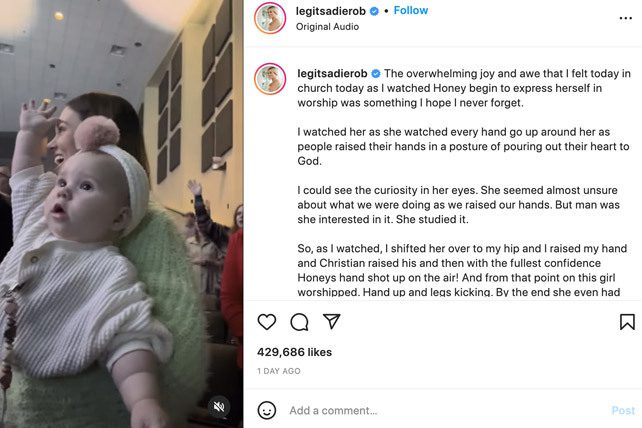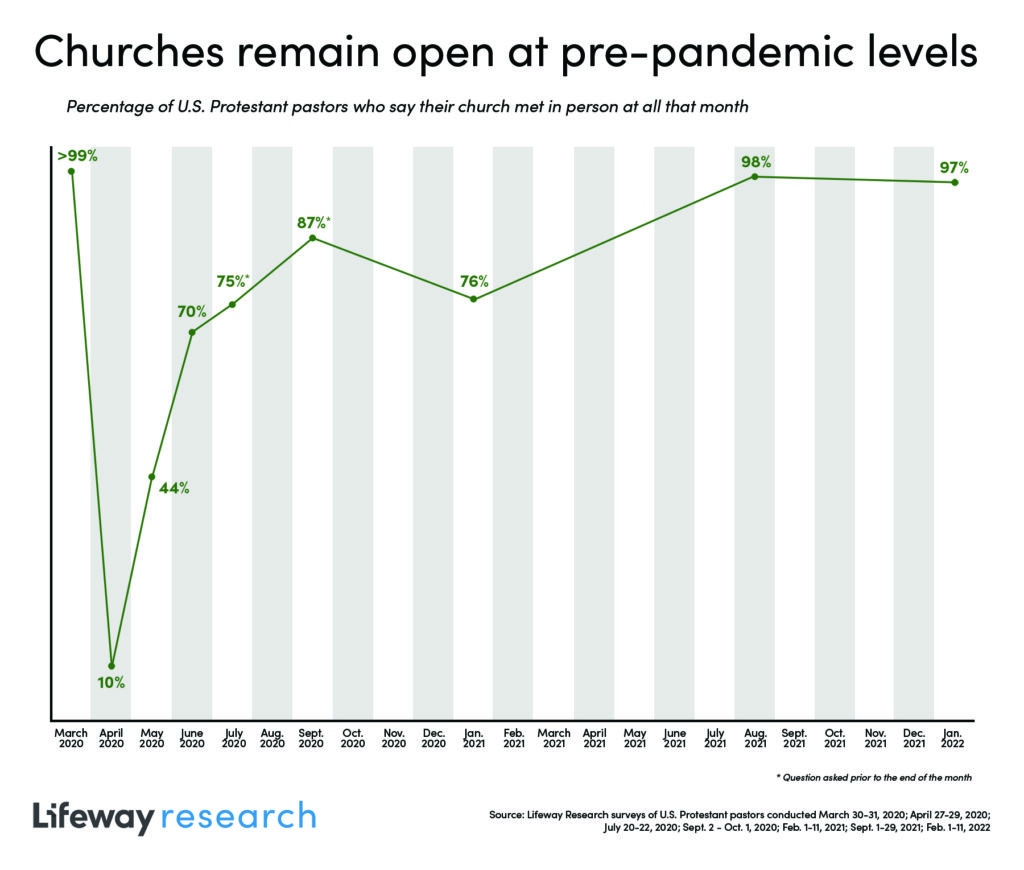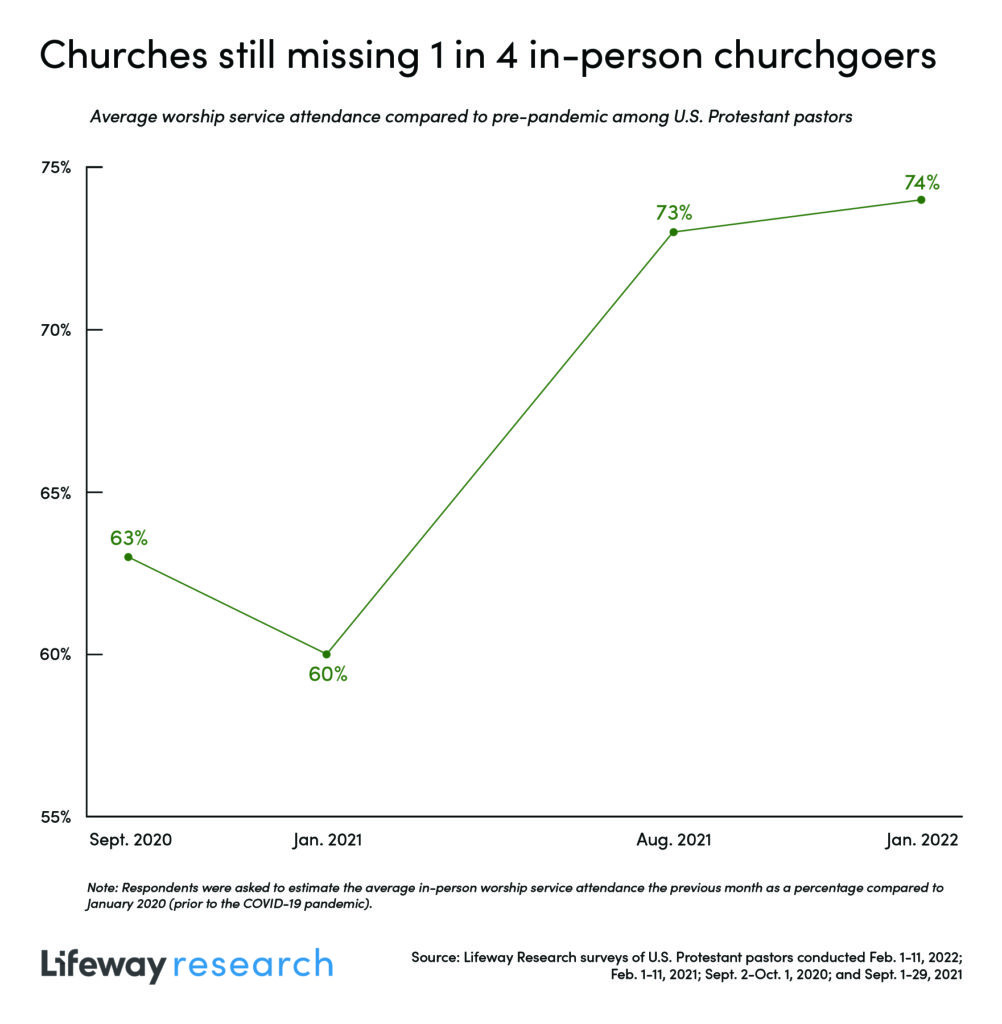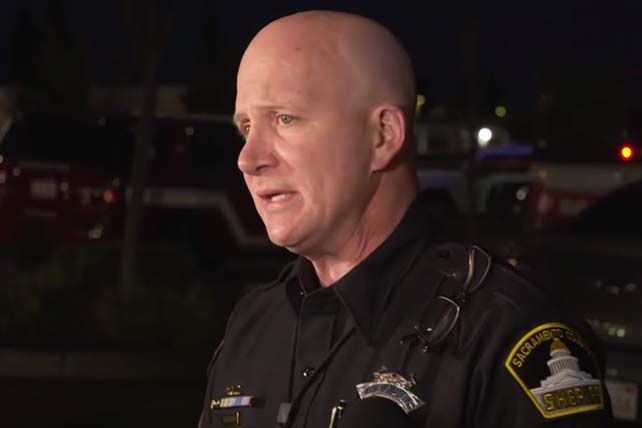Global Vision Bible Church pastor Greg Locke has been preaching on demonic deliverance since January, which has led to the alleged exposure of witches within their church.
On Friday, Locke posted a video on Facebook detailing the pushback and hatred Global Vision Bible Church’s leadership has been receiving.
From explicit packages in the mail to thousands of profanity laced phone calls every week, Locke shared that many times the church’s voice mail box will fill up before the next call can be answered.
Locke said they have tracked down a man who has threatened to come to the church to kill him by slicing his throat. “We’ve been getting—literally—sex toys in the mail every single day [and] glitter bombs from witches.”
Witches are real, the pastor exclaimed, and people are mad at him for exposing them. A frustrated Locke called out the Christians who have openly disagreed with what they are doing, saying, “The church is too unbiblical and ignorant to recognize witchcraft, sorcery, spells, and curses when they see them.”
Some witches sent a box addressed from Locke’s mother to the church that contained crystals, hexes, and curses. The church has been getting postcards from the Church of Satan, pornographic materials, and pentagrams.
“We have people walk out of restaurants when me and my family walk in to sit down and eat,” Locked shared. “I get it—I’m not everybody’s cup of tea, and I’m not trying to be. I could care less—I’m going to speak the truth. If people hate the truth they’ll hate you when you tell it.”
Locke’s favorite Dunkin’ Donuts store told him they have people calling looking for him and trying to get him banned from getting coffee there. One of the workers said callers say horrible things to them because the pastor is a frequent customer.
“Stop acting like grown-up babies,” Locked told his haters, joking that he’d buy them a pacifier. “You act like we’re going to stop preaching the truth of the gospel. You act like I’m just going to roll over in a corner and be like ‘well you all, that stuff I said I didn’t really mean it.’—No! I meant it. And I’m gonna keep saying it, because we’re calling out witches and wizardry and sorcery and occultism in the church. We’re not going to apologize and back down from that.”
RELATED: Greg Locke Says Autistic Children Are Demonized: ‘Ain’t No Such Diagnosis in the Bible’
Calling his critics cowards for not coming to his office to have a face-to-face conversation with him, Locke said he welcomes them to his office and encouraged them to show up.




























